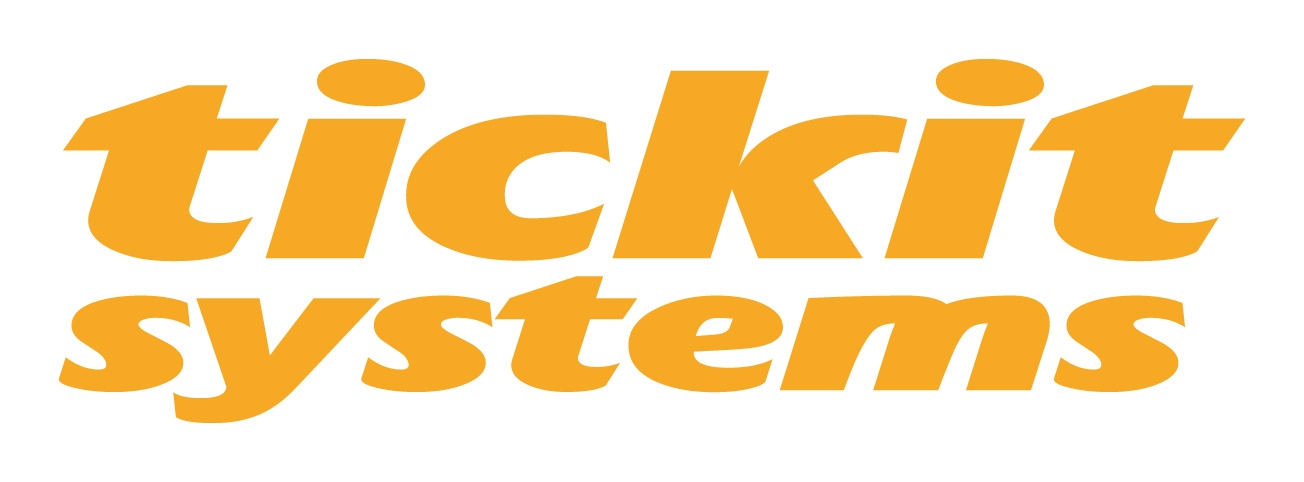For laboratories, implementing a quality management system (QMS) is essential for ensuring the accuracy, reliability, and credibility of their testing and calibration activities. A well-designed QMS helps laboratories maintain high standards of quality and meet both regulatory and client expectations. Here’s why a quality system is crucial for laboratories:
1. Ensuring Accuracy and Reliability
- Consistency: A quality system ensures that testing and calibration procedures are standardized, reducing variability and ensuring consistent results.
- Accuracy: By following documented procedures and using validated methods, laboratories can minimize errors and enhance the accuracy of their results.
2. Compliance with Standards and Regulations
- Regulatory Requirements: Many industries require laboratories to adhere to specific standards and regulations. A robust QMS helps laboratories meet these requirements, such as ISO/IEC 17025, which sets out the requirements for competence in testing and calibration.
- Accreditation: For a laboratory to obtain and maintain accreditation, it must demonstrate adherence to a quality system. Accreditation provides assurance to clients and stakeholders of the laboratory’s competence.
3. Enhancing Credibility and Trust
- Client Confidence: A quality system builds client confidence in the laboratory’s ability to deliver reliable and accurate results. This is essential for maintaining and expanding client relationships.
- Market Reputation: Laboratories with a well-established QMS are often viewed more favorably, enhancing their reputation and competitive advantage in the marketplace.
4. Improving Operational Efficiency
- Process Optimization: A quality system helps identify inefficiencies and areas for improvement in laboratory processes, leading to streamlined operations and reduced waste.
- Document Control: Proper documentation and control of procedures ensure that all staff follow consistent practices, reducing the risk of errors and improving overall efficiency.
5. Facilitating Continuous Improvement
- Regular Audits: A quality system includes regular internal audits and reviews, helping laboratories identify issues and implement corrective actions.
- Feedback Mechanisms: Continuous monitoring and feedback mechanisms enable laboratories to adapt and improve their processes based on performance data and client feedback.
6. Risk Management
- Error Prevention: A QMS helps in identifying potential risks and implementing preventive measures to avoid errors and inaccuracies.
- Issue Resolution: Having a structured approach to handling non-conformities and complaints ensures that issues are addressed promptly and effectively.
7. Training and Competence
- Staff Training: A quality system ensures that laboratory staff are properly trained and competent, which is crucial for maintaining high-quality testing and calibration services.
- Skill Development: Continuous training and development help staff stay updated with the latest techniques and technologies, contributing to overall laboratory quality.
8. Customer Satisfaction
- Reliable Results: By adhering to a quality system, laboratories can consistently deliver reliable and accurate results, leading to higher customer satisfaction.
- Timely Service: Efficient processes and well-managed operations contribute to timely service delivery, meeting client expectations and deadlines.
In summary, a quality system is vital for laboratories to ensure the accuracy and reliability of their work, comply with industry standards, enhance their credibility, and continuously improve their operations. It supports effective risk management, operational efficiency, and customer satisfaction, ultimately contributing to the laboratory’s success and reputation.
